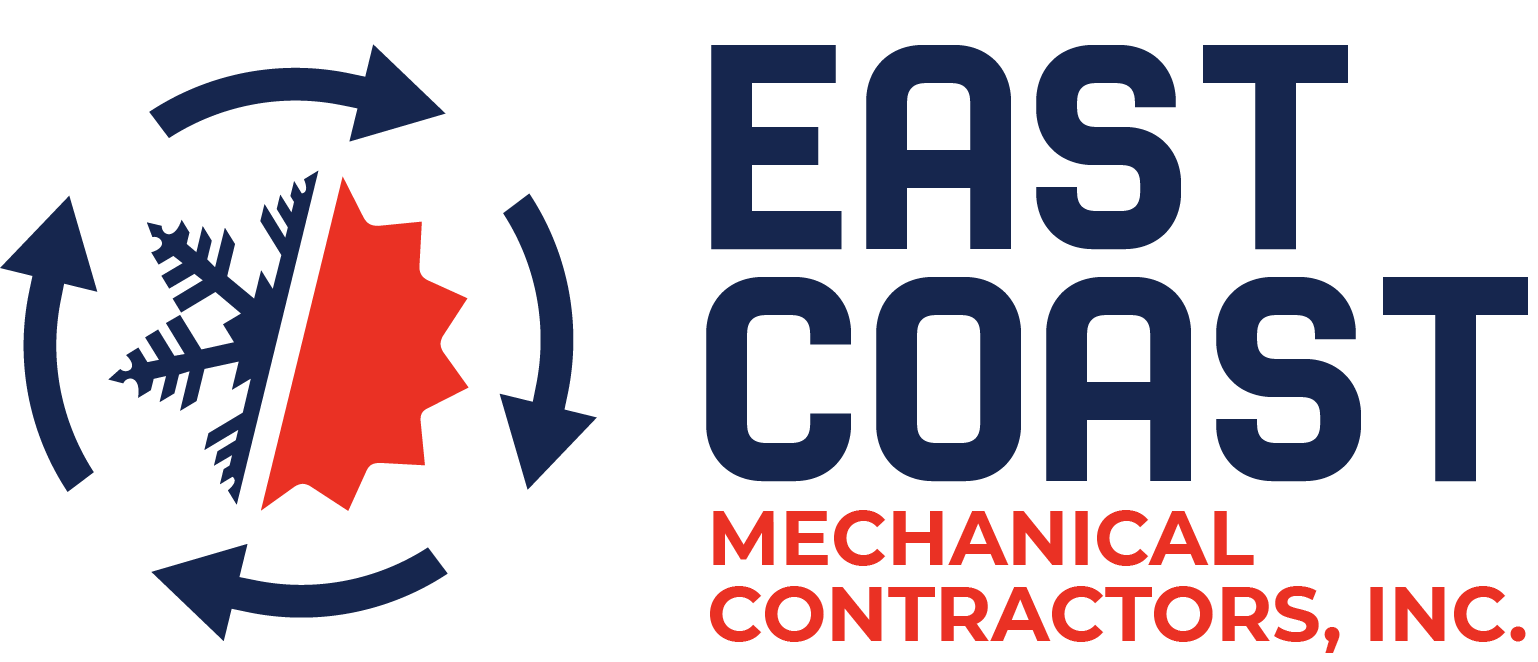As winter approaches, ensuring your heating system is in good working order is essential for comfort and safety. Unfortunately, many homeowners overlook the signs that their heating system needs professional attention until it’s too late. Ignoring potential issues can lead to costly repairs or even complete system failure. Here’s a detailed guide to the signs that your heating system requires servicing.
Signs That Your Heating System Needs to be Serviced
1. Unusual Noises
If your heating system starts making strange noises like banging, rattling, or screeching, it’s a clear signal that something is wrong. These noises can indicate loose components, a malfunctioning motor, or even problems with the blower. A well-functioning heating system should operate quietly, so any unusual sounds should prompt immediate action.
2. Uneven Heating
Do you notice cold spots in certain areas of your home? Uneven heating could be a sign of ductwork issues, a failing blower, or problems with the thermostat. A properly maintained heating system should provide consistent warmth throughout your home. If some rooms are significantly colder than others, it’s time to schedule a professional inspection.
3. Increased Energy Bills
A sudden spike in your energy bills without an increase in usage is often a red flag. This can occur when your heating system is no longer running efficiently due to clogged filters, worn-out parts, or lack of maintenance. Regular servicing can help keep your system running at peak efficiency, saving you money in the long run.
4. Short Cycling
Short cycling occurs when your heating system turns on and off frequently without completing a full heating cycle. This not only increases wear and tear on the system but also fails to adequately heat your home. Short cycling can be caused by a variety of issues, including a dirty air filter, a malfunctioning thermostat, or overheating components.
5. Poor Air Quality
A neglected heating system can circulate dust, debris, and allergens throughout your home. If you notice an increase in allergy symptoms, dry air, or excessive dust, your heating system might be to blame. Regular maintenance, including cleaning or replacing air filters, can significantly improve indoor air quality.
6. Unusual Smells
Unpleasant odors coming from your heating system are a sign of trouble. A burning smell could indicate overheating components, while a musty odor might suggest mold or mildew in the ductwork. In the case of a gas-powered system, a rotten egg smell could indicate a gas leak, which is a serious safety hazard requiring immediate attention.
7. System Age
The age of your heating system plays a significant role in its performance. Most systems have a lifespan of 15-20 years. If your system is nearing or has surpassed this range, it’s more prone to breakdowns and inefficiencies. Regular servicing can extend its life, but an older system may need to be replaced to ensure reliability.
8. Frequent Repairs
If you find yourself calling a technician multiple times a year for heating system repairs, it’s a clear indication that your system is struggling. Frequent breakdowns not only add up in costs but also signal that your system may not last much longer without a major overhaul or replacement.
9. Thermostat Issues
A malfunctioning thermostat can prevent your heating system from maintaining the desired temperature. If your home is too hot, too cold, or the thermostat display is unresponsive, the issue might lie with the thermostat itself or with the communication between the thermostat and the heating system.
10. Pilot Light or Ignition Problems
For gas-powered heating systems, the pilot light or electronic ignition is crucial. A yellow or flickering pilot light can indicate problems with the gas supply or ventilation. Similarly, difficulty igniting the system is a sign that professional servicing is required.
11. Excessive Cycling During Cold Weather
While it’s normal for your heating system to work harder during colder months, excessive cycling could indicate underlying issues. This might result from improper sizing, dirty filters, or faulty components. A technician can diagnose and address these problems to ensure optimal performance.
Why Regular Maintenance Is Essential
Addressing the signs above promptly is important, but regular maintenance is the key to avoiding major issues altogether. An annual inspection and tune-up can:
- Improve Efficiency: Keeping the system clean and well-maintained reduces energy consumption.
- Extend Lifespan: Routine care minimizes wear and tear, helping your system last longer.
- Ensure Safety: Regular inspections can detect and address hazards like gas leaks or electrical faults.
- Save Money: Preventive maintenance is far more cost-effective than emergency repairs or replacements.
What to Expect During a Professional Heating System Service
When you call a professional to service your heating system, they will typically:
- Inspect and clean components like burners, heat exchangers, and filters.
- Check for leaks in the ductwork or gas lines.
- Test the thermostat for accuracy and functionality.
- Lubricate moving parts to reduce friction and wear.
- Identify and address any potential problems before they become costly repairs.
Your heating system is vital for maintaining a comfortable and safe environment during the colder months. Ignoring the signs of a struggling system can lead to inefficiency, discomfort, and expensive repairs. By recognizing these warning signs and scheduling regular maintenance, you can ensure your heating system runs smoothly when you need it most.
Don’t wait for a complete breakdown. If you notice any of the signs mentioned above, contact a trusted HVAC professional to service your heating system today. It’s an investment in your comfort, safety, and peace of mind.
